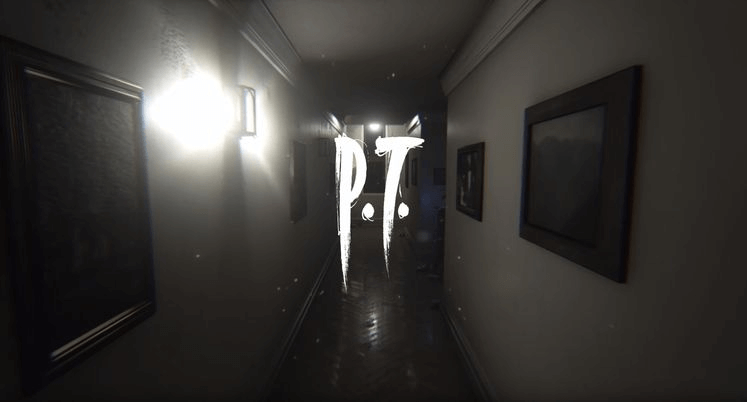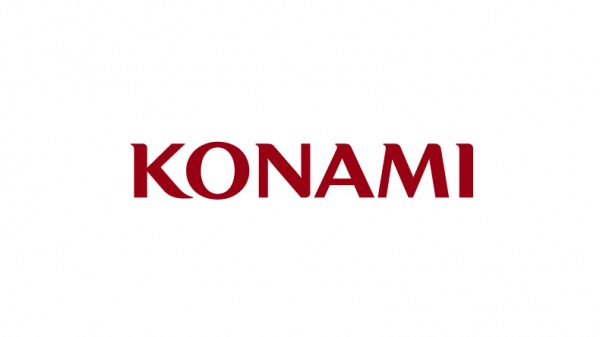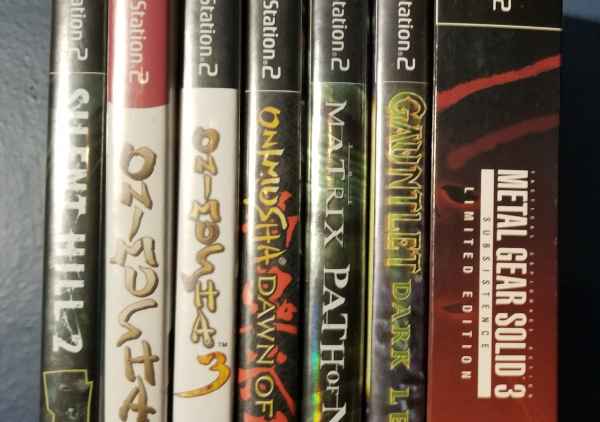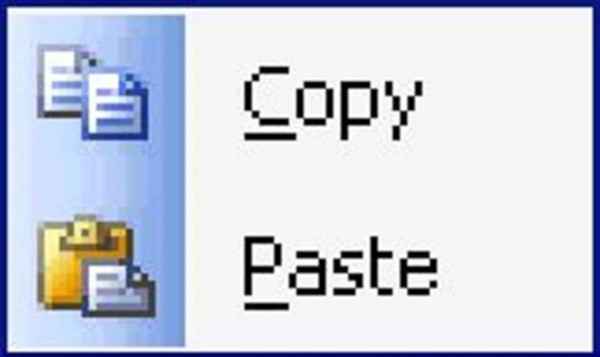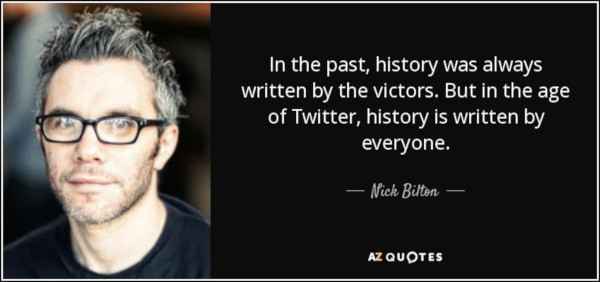Video games are a unique form of media. However, like all media, video games are as subject to legal jargon as anything else under the Sun. In the here and now, the importance to legal bylines remains hidden underneath instant access of what you want most.
In looking down the line years–decades–later, what are we left with once those bylines have taken affect and disappeared? Ultimately, in this digital age, the terms of agreement hold more weight than the content they represent. It is the terms placed on media that puts the future of all media into question.
Who really owns video games?
The heart and soul put into a game are not in control of the game they created. It is bound by the terms placed upon it by a legal, tertiary group with its own interests. Rumors surfaced, indicating that a software update for P.T., version 1.01, has rendered the demo unplayable, according to many people on PopulusTrichocapra‘s Reddit post, as reported by IGN. There are ways to possibly avoid this, such as turning off automatic updates or even backing the game up onto a dedicated external HDD. Use this if you need to feel more comfortable.
– Settings > System > Automatic Downloads
Word around the web, as reported by Polygon, indicates that not all users have encountered this issue. In all likelihood, this recent event is a false alarm, considering the username on the image. However, one can never be too careful when Konami is involved.
Terms and agreements allow companies like Konami to strip players of their digital games. We all know I’m talking about P.T. here with how Konami blocked the downloading of P.T. from PSN in any form. “Self-interest” is a term often tossed around, especially in our current social climates where money shouts rather than talks. This is not news to anyone. Companies keep playing the business card over integrity.
We get little say in the content we love. This is why preservation is important. In recent months, I have fallen in love with the idea that old games, foundations of our industry, deserve both appreciation and preservation.
I missed so many games back then. Simply because I hated tank controls in my youth, I never played Silent Hill 2. So I bought the original version very recently, because there was no way I would play that disaster of a remaster that Konami published. I wanted the original vision, and I had to go well out of my way to find it.
Preservation is key
Luckily, there is a growing niche group of people hell-bent on collecting old games and consoles. A few of these people present their findings publicly, like the well-known Angry Video Game Nerd. These people and others like them fulfill important work to the industry we know and love, and that work is preservation.
Preserving video games in the ‘90s was much easier than today, because the convenience the internet provided did not exist yet. Everything back then was distributed in physical format.
Not only games, but trailers and demos found their place as inserts to magazines and were bundled with other games. A clean sense of preservation comes in a physical format, simply because it is tangible.
Even further still is the weight that owning a physical game has on the End-User License Agreement, or EULA. This dictates, relatively, that the consumer has the right to use a product. This can also dictate that the company can seize that game back if they want to. However, as the age-old expression goes, “possession is nine-tenths of the law.”
Physical is the now
Companies do have the right to take their games back, at least from retailers, but they require legal action to take them directly from consumers. Think of it like a squatter in a rental property. A squatter gains rights just by taking refuge in that property, and the property owner must take legal action to remove the squatter.
Owning a physical game is like that in a way. However, since a game runs $60 and has little resale value, chances are companies will not come after your game. The cost to get the game back is simply too high for $60. A property can be made lucrative again, but anyone who has tried to sell a game at GameStop knows that used games pay very little.
This is the kind of convenience that digital content lacks. Terms, as mentioned above, keep a standard on digital material so that games are not illegally distributed. These things are important in the here and now, because time and effort put into a game should be properly compensated.
At the same time, there is so much potential for preservation in digital content that is hindered by these terms. Life ultimately finds a way, of course. Plenty of online resources remain dedicated to backing up, archiving, and distributing old game files and BIOS. In general, these locales simply provide content for free distribution.
What happens then when games are purged before we can preserve them? We are right now on the stage of that very question, waiting for the answer.
Taking matters into our own hands
I will neither condone nor excuse ripping, or copying of games. In the long run, backing up these games provides a means of recording and tracking history. With the kind of control companies have now, entire franchises could be wiped off the gaming map with little to no effort. We could lose any game at any time in this kind of environment.
Physical content is superior in this case by proxy because this provides ownership. An item, once purchased and in-hand, cannot be taken away without immense legal action.
However, once that physical disc or cartridge wears out, it becomes a simple representation of what it once stood for: playable, enjoyable video games. Sure, holding a non-operating game still keeps it recorded in the annals of video game history, but what of the content it once played?
An old book, even a dilapidated and degrading one, can still be read and replicated. The publisher can’t enter a keystroke and remove the book from existence either. This is the weight that I personally put behind my physical games. I even have a library in my house for this very reason: I want the things I love around me. They also cannot take words out of books like they can take games from our consoles.
How we can use digital to our advantage
This is where digital content becomes more relevant than ever. The ability to duplicate digital content is its biggest advantage over physical. Indeed, there are means of copying physical content, but duplicating digitally is faster, more efficient, and just plain easier.
Whether backed up from physical or sourced from online retailers, digital is the one true way to preserve gaming history. All media is dependent on the storage it is housed in, of course, whether that storage be a disc, a hard drive, or a cartridge.
There is also the risk of old storage methods losing compatibility, resulting in lost content. Having the ability to move that data around allows preservation to continue.
However, coupled with terms and agreements, this act of preserving this industry we know and love is something wholly illegal. Most digital content is now distributed by companies online via a secured server, and we cannot touch it.
Over time, these companies will fall away, but terms and servers will likely land in the hands of the highest bidder. In this, the power of both the creator and consumer is dictated by a tertiary bid for money.
Purging is not quality control
We need to remember what is taking place right now. This is what companies have the legal right to do with content they distribute. Quality control is always necessary, but what has happened to P.T. is not an example of quality control.
Money itself is not the problem. Money universalizes our ability to obtain sustenance, entertainment, health services, and even offers of aid. The problem is the terms.
Terms play into a multitude of factors, including a creator’s ability to redistribute their games, and it affects how consumers share the games they own. The terms intend to protect the content that the creator generated, but they take away control.
These terms also embolden companies like Konami to purge the games they produce, a very 1984-esque method. In others, like with digital-only content such as Scott Pilgrim vs. The World or P.T., games have reached the public eye just to be stonewalled, not for the game’s sake, but for the business’ sake.
The terms should be a balancing act. They should protect the creator, and they should protect the content. Not all instances are like what has happened to P.T. Nonetheless, it is possible. P.T. is beloved, and losing both it and Silent Hills broke a lot of hearts, mine included. Anything Kojima touches is almost guaranteed gold.
We are who create importance
What has happened with P.T. is a one-off anomaly. It is also a warning that we have diminishing control over our media.
I have always been a firm believer in how the public affects media. Once a piece of work hits the public eye, that piece of work no longer wholly belongs to the creator. The consumption of media connects the consumer to the creator’s ideas in as many different ways as there are people. Take my love for Metal Gear, for instance. My connection with it has perpetuated any emotional connection I’ve created within the industry simply because Metal Gear showed me what potential a game could have. I do not want to lose that.
These public interpretations make games important. Money does not create importance. It only perpetuates consumption.
Blocking games, unless there’s something devastating about the games, openly condescends both gamers and developers. Why create or produce games if they will just disappear? All of this control over a demo for a simple vendetta?
History is watching you. History is watching all of us.
The truth ultimately comes out in some form or another. As they say, “history is written by winners,” but we as an interconnected pool of consumers have the potential to sway how history is impacted.
We have the means of sharing and distributing media, whether that media is in a physical or digital format. Arguably, the easiest and safest way to do this is by collecting physical content. Ultimately, though, digital preservation is likely the one way our industry will be recorded decades or centuries from now.
We are the ones that must preserve our history, simply because those who handle the terms of our content have their interests in mind, not ours. P.T. is the biggest example this generation. As long as crooked companies exist, more are sure to follow. Until things changes, we are simply paying $60 to rent a game.
